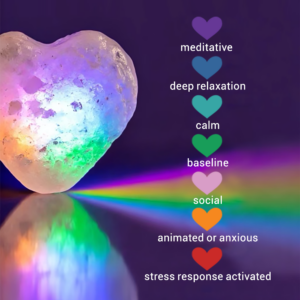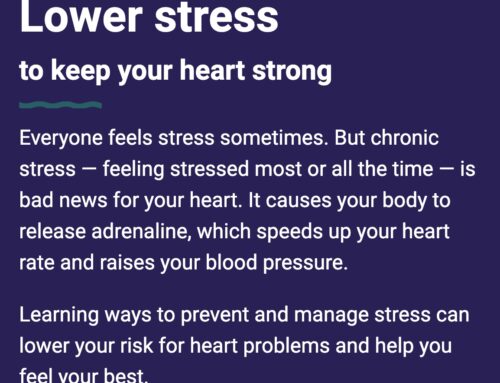
Our emotional experience can be directly connected to our heart rate.
Why Resting Heart Rate Matters
Your resting heart rate, or pulse rate, could be a key indicator of how long you’re likely to live. According to cardiologists and researchers, this simple yet critical biomarker helps assess your overall heart health and risk of disease. A lower resting heart rate typically signals a stronger, more efficient heart, while a higher resting rate may indicate increased strain on your cardiovascular system.
What is an Average Resting Heart Rate?
Heart Rate Variability Key to Health and Happiness
Studies show that individuals with higher resting heart rates are at greater risk of heart disease and other health complications. Monitoring your resting heart rate regularly can be an easy way to understand your heart’s performance and make lifestyle changes as needed to improve your health.
To learn more about how your resting heart rate impacts your longevity and what you can do to improve it, read the full article here: How Resting Heart Rate Predicts Your Health and Longevity.
How do You Know your Resting Heart Rate?
Getting to know your heart through tracking and monitor is easy with our mobile app’s smart heart display. All you need is a Bluetooth connectable wearable heart rate monitor and our bio.calm app to learn about how hard your heart is working every day. Hearts are designed to have variable rates. If fact high heart rate variability is a key indicator of good health, but getting stuck in overdrive for sustained periods of time due to chronic stress can contribute to long-term health problems.
Get Heart Healthy Today
Get heart smart today by seeing how your heart responds to your daily routine. Keep our smart heart display handy and wear your heart rate monitor for a few days keeping with your normal routines. What do you notice about your heart? Raising your heart rate in healthy ways, through walking, dancing, laughing with friends and family can be a good way to integrate the first step towards reducing your resting heart rate. Read more about this here



